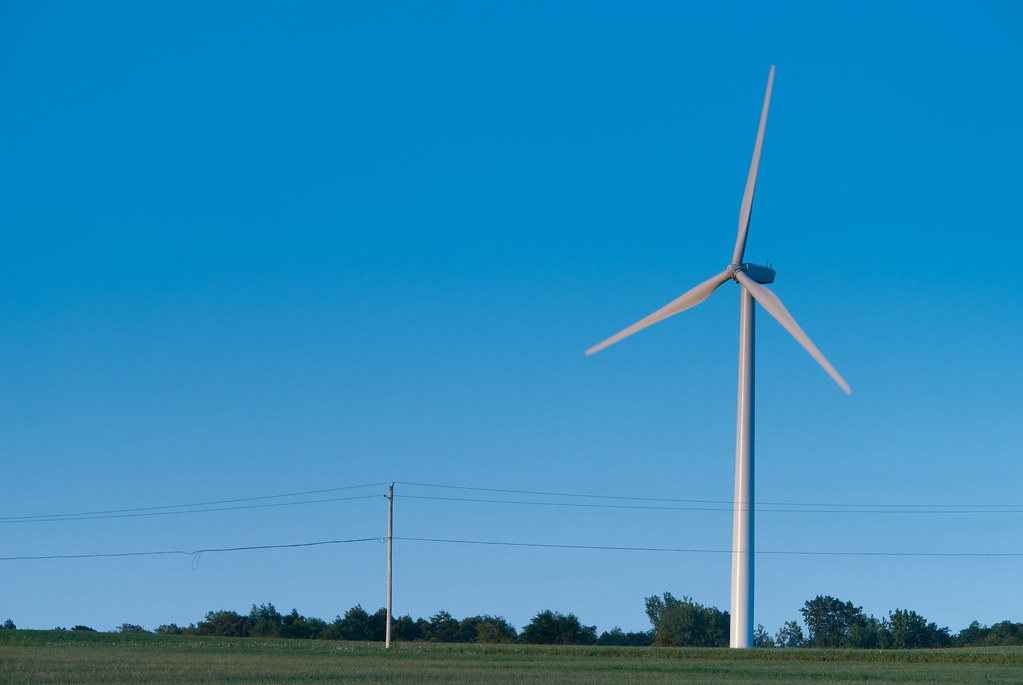Share This Article

The climate crisis is underway, and it’s clear that we need to take dramatic action to reduce our state’s greenhouse-gas emissions and reliance on fossil fuels. We need an economy-wide transition to renewable sources of energy, from powering our buildings with renewables like solar and wind to running our public transportation on electric vehicles. There’s no time for debate—according to the UN’s IPCC report, we need to face the climate crisis now, or condemn our planet and the people on it to a dire future, particularly frontline communities who are already experiencing the direct impacts of climate change.
The transition to clean energy will require a massive investment in renewable jobs. We’ll need workers to build and install solar panels and wind turbines, retrofit buildings for energy efficiency and create green public transit systems. As we direct our state’s resources into renewable infrastructure, it’s critical that we invest in the workers who build it.
The Climate and Community Protection Act sets an enforceable mandate to transition New York’s economy off of fossil fuels, and includes provisions for prevailing-wage standards for the workers employed by state-supported projects related to the transition. Researchers show that the Climate and Community Protection Act would create and sustain 150,000 jobs over the first decade of implementation, and these jobs must pay good, family-sustaining wages.
Green-energy projects are a critical part of our state’s economic future. There are already over 156,000 New Yorkers employed in the clean-energy sector. As we invest in solutions to the climate crisis, more and more New Yorkers will find jobs installing solar panels or weatherizing buildings. Including prevailing wage standards in our state’s climate legislation makes the bill not just about the environment, but about economic justice. Workers protecting our communities from the worst impacts of climate change should make a fair day’s pay for their work.
While there are other proposals on the table to address some parts of the climate crisis, none of them take into account the need for good labor standards for the workers who are building the transition.
By attaching prevailing wages to renewable energy projects, we’re investing in the long-term health of our communities and green economic growth. The creation of good union jobs will yield greater economic mobility for workers and their families. With the Climate and Community Protection Act we have an opportunity to do just that and bring more investment into our state. This bill, if passed, is expected to generate $138 billion in cumulative income for New York’s economy. Let’s make sure that the benefits of this investment go to workers and the communities that have been impacted the most by the climate crisis.
Maritza Silva-Farrell is the executive director of ALIGN, the Alliance for a Greater New York